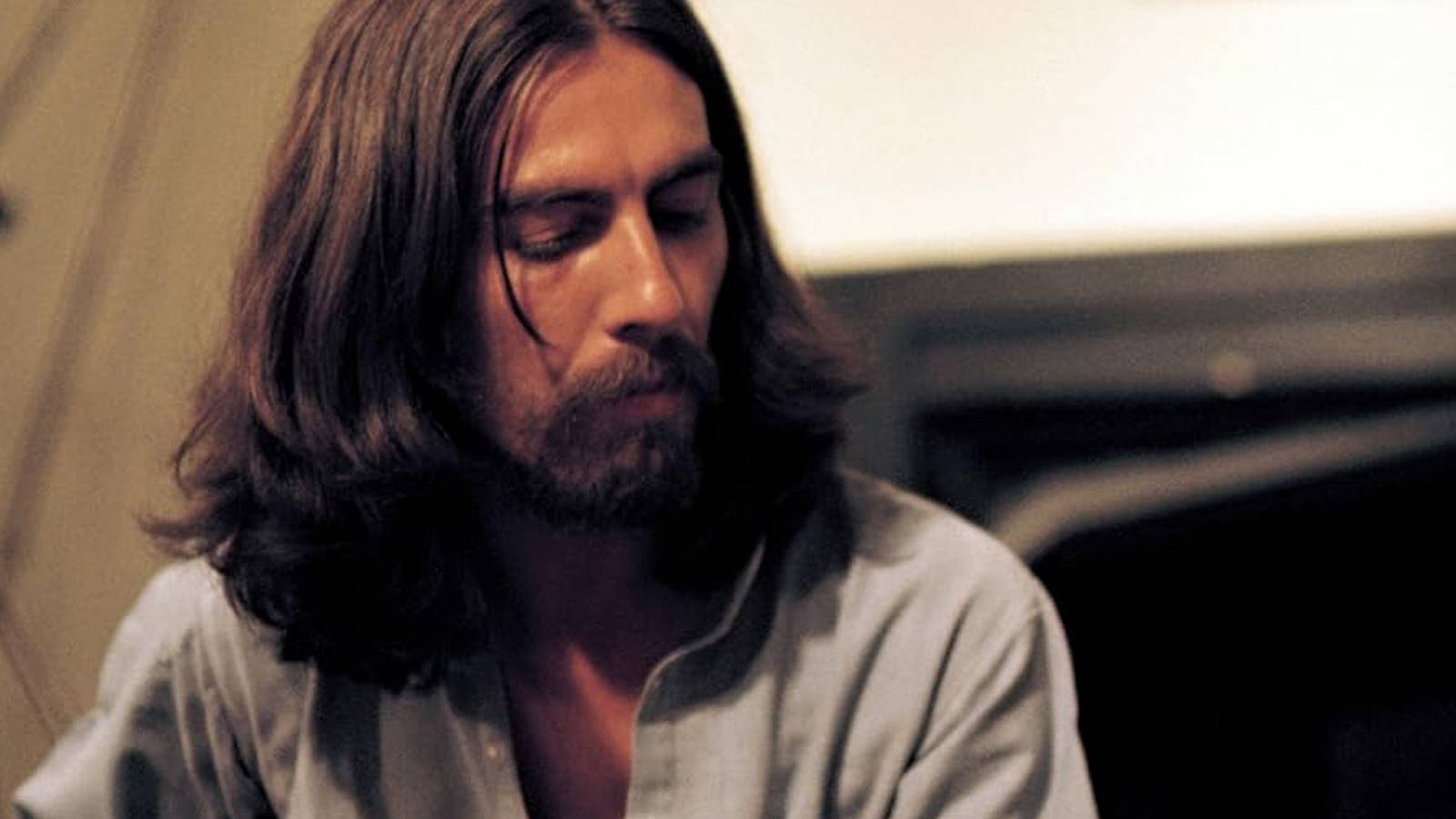While there were many things that led to the breakup of The Beatles, many of which fans will probably never know about, the power imbalance regarding songwriting was an important factor. When the band first started, John Lennon and Paul McCartney were the only ones writing songs, but by the mid-’60s, George Harrison was catching up to them. By the time the band broke up, he had so many songs written that he ended up putting out a triple record. Many of the songs that are now considered his best work were written during his time in The Beatles, but his bandmates weren’t interested. But Harrison knew his songs had potential, and in time, he was proven right.
George Harrison Brought This Song Into a Beatles Rehearsal
In January 1969, just a few weeks after the release of the White Album, The Beatles got together at Twickenham Film Studios to record an album and a TV show. They were short on material, and tensions were already high, which makes the fact that they rejected this song even more baffling. In Peter Jackson‘s documentary, The Beatles: Get Back, fans can see the moment George Harrison presents one of his iconic songs, “All Things Must Pass,” to Paul McCartney during one of their earlier rehearsals for what would become their last release, Let It Be.
Throughout their month of rehearsal and recording, the Fab Four played the song a few times, but it was clear from the beginning that Lennon and McCartney were not as enthusiastic about the song as the younger Beatle was. Eventually, as it unfortunately happened with a lot of Harrison’s compositions, the song was put aside. Harrison was disappointed, but sadly not surprised. By then, he was already disillusioned with the creative process within the band. “All Things Must Pass” reflects those feelings. The lyrics talk about the end of an era, about how nothing lasts forever, and that’s okay, because “all things must pass away” eventually.
“I got back to England for Christmas and then on January the first we were to start on the thing which turned into Let It Be. And straightaway again, it was just weird vibes,” Harrison said after the breakup. “I found I was starting to be able to enjoy being a musician, but the moment I got back with the Beatles, it was just too difficult.”
This Rejected Song Turned Into a Masterpiece
The Beatles officially broke up in 1970, and by the end of the year, George Harrison had already established himself as a successful solo artist. John Lennon and Paul McCartney also released albums that year, but the Quiet Beatle outshone them both. And with the songs they had disregarded, no less. All Things Must Pass is a triple record that topped the UK and US charts, including iconic songs such as “My Sweet Lord,” “What is Life,” the title track, of course, and another song that The Beatles had rejected, “Isn’t It a Pity.” This last song was written back in 1966, and had been left out of all the albums The Beatles put out since then.
Harrison explained that Lennon and McCartney “had such a lot of tunes, and they automatically thought that theirs should be the priority, so for me, I’d always have to wait through ten of their songs before they’d even listen to one of mine. That’s why All Things Must Pass had so many songs, because it was like, you know, I’d been constipated.” But the situation wasn’t only frustrating for the guitarist. It also impacted his self-esteem.
“I didn’t have much confidence in writing songs because of that. Because they never said ‘Yeah, that’s a good song.’ When we got into things like ‘Guitar Gently Weeps,’ we recorded it one night and there was such a lack of enthusiasm. So I went home really disappointed because I knew the song was good.”
But despite his bandmates’ dismissal at the time, Harrison had been quietly honing his craft for years, and by the time All Things Must Pass came out, he dazzled the world. He was the first Beatle to get a number 1 album, and his collaborations with legends such as Eric Clapton, Bob Dylan, and Billy Preston really proved to the world that he didn’t need Lennon and McCartney to shine.
